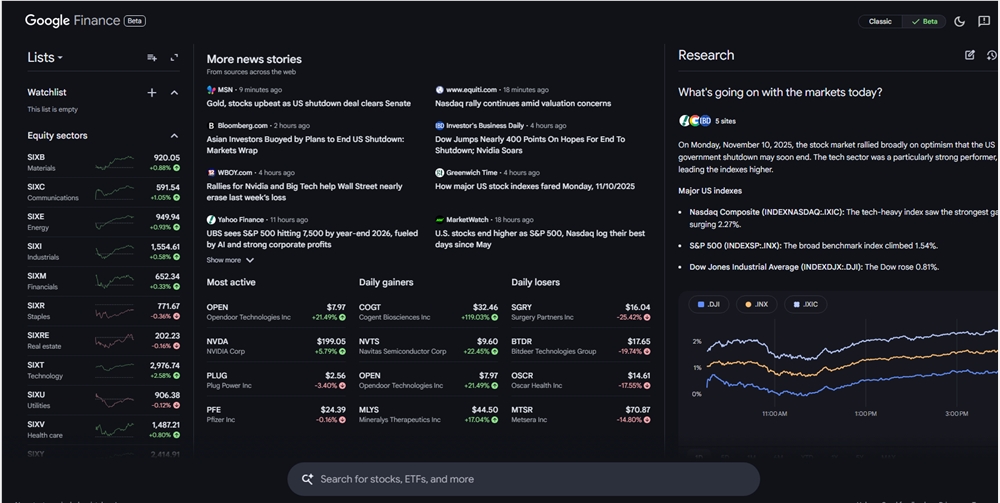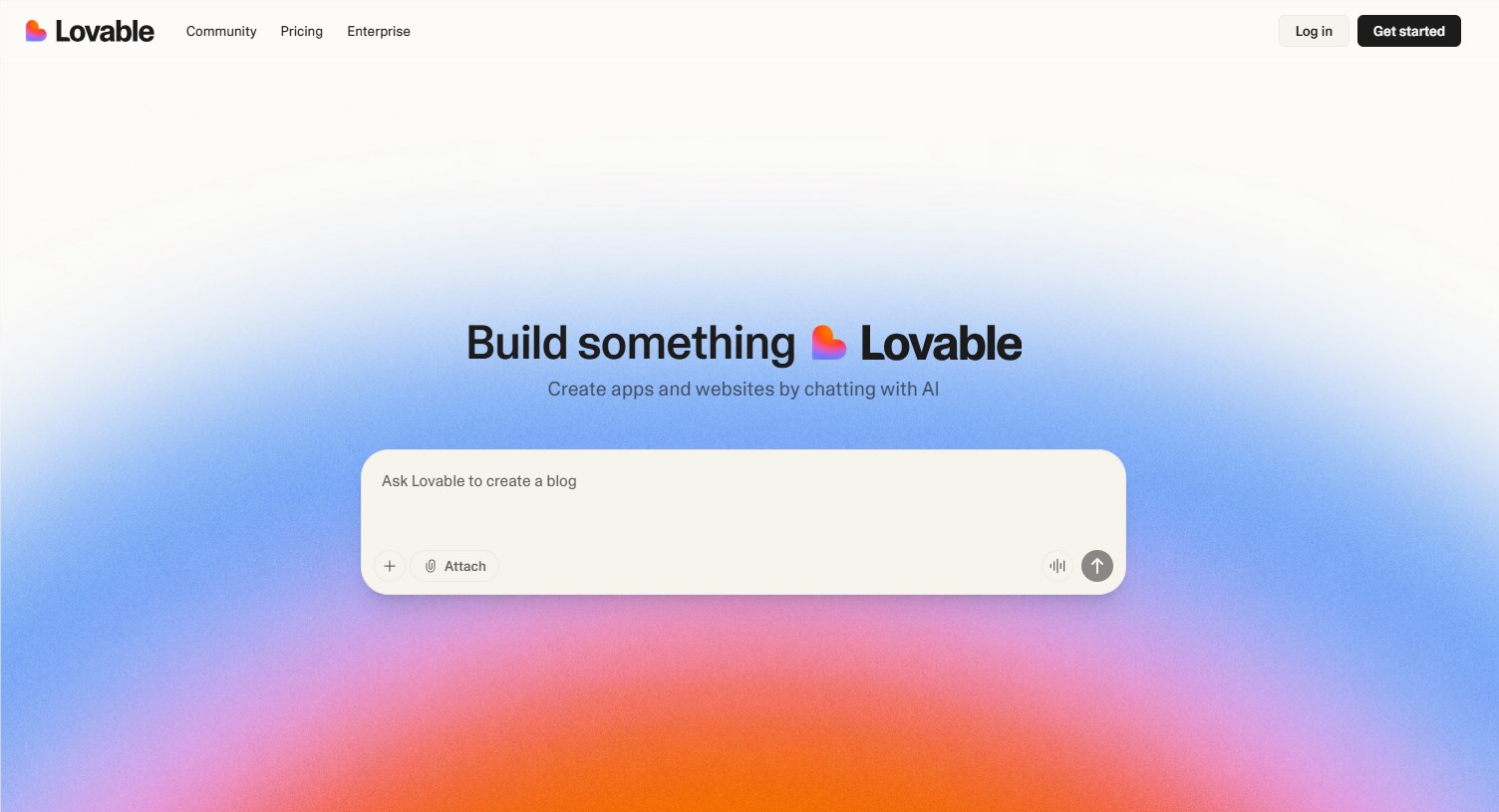Within just one year, from an open-source tool to a unicorn, Sweden's AI coding platform Lovable is redefining the boundaries of software development at an astonishing pace. According to CEO Anton Osika at the Lisbon Web Summit, the platform's monthly active users are approaching 8 million, a nearly 250% increase from the 2.3 million reported in July; even more impressive is that over 100,000 new products are created on Lovable every day, ranging from student assignments to startup projects earning $700,000 annually. AI "vibe coding" is unleashing unprecedented creativity.
Lovable was born from Osika's earlier open-source project, GPT Engineer, but its ambitions go far beyond serving programmers. As he said, "We are not built for the 1% who can code, but for the 99% who cannot." Users simply describe their needs in natural language—such as "build an e-commerce page with user login"—and the platform automatically generates a working application, truly embodying the product culture of "Demo, not memo" (prototypes instead of documents). Currently, more than half of the Fortune 500 companies have used it for internal innovation, and even an 11-year-old boy can use it to recreate Facebook.
Valuation Reaches $5 Billion? Hidden Concerns Behind the Growth Hype
Capital enthusiasm is also high: Lovable has completed a $200 million funding round this year, with a valuation of $1.8 billion, and there are market rumors that new investors are willing to pay $5 billion for it. However, under the spotlight, there are underlying concerns. A September report by Barclays showed that its website traffic has dropped by 40% from its年初 peak, raising questions about whether "vibe coding" has reached its peak. Although Osika emphasized that the net dollar retention rate exceeds 100% (user spending continues to grow), and the number of employees has surpassed 100, sustainability remains a looming threat.
Security Becomes the Biggest Weakness, Lovable Rushes to Catch Up
A more serious challenge comes from security. Previously, reports indicated that an application built on Lovable accidentally leaked 72,000 images containing GPS and user IDs, exposing compliance risks in "no-code" development. In response, Osika admitted that the security team is currently the fastest hiring department, with the goal of making "Lovable safer than pure hand-written code." The platform now includes multiple layers of security scans, but still recommends that sensitive applications such as finance hire professional auditors—AI cannot yet replace human judgment on risk.
Surrounded by Giants, Lovable Chooses 'Not to Compete'
Facing model providers like OpenAI and Anthropic launching their own programming intelligences, Osika shows an unusual open attitude: "As long as it can release human creativity, whoever does it is worth celebrating." He refuses to fall into the Silicon Valley-style "in-house competition," advocating for Nordic work culture—most core team members are parents, and they reject 12-hour work shifts. "We pursue mission-driven goals, not blind sprinting."
The Ultimate Vision: Building the 'Last Software'
Lovable's ambition is to become a "versatile terminal" for product teams—completing everything from user insights, prototype design, to deployment and maintenance through natural language. When a product manager can generate a testable MVP with a single sentence, the democratization of software development will truly arrive.
AIbase believes that the Lovable phenomenon confirms the huge potential of AI in lowering the barriers to creation, but also reveals the fragility of emerging paradigms: traffic does not equal retention, speed does not mean stability, and creativity does not ensure security. In the future where everyone can create, the real moat may not be the model, but trust—and Lovable is standing at a critical crossroads in building that trust.










